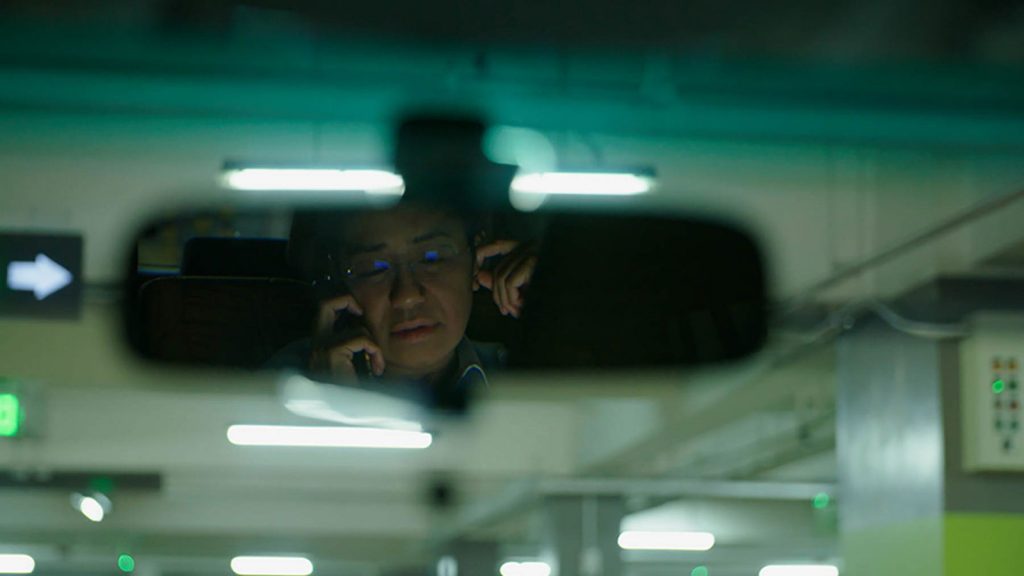
Cate Blanchett as an impeccably-dressed English woman-turned-spy for the French Resistance during WWII. Gillian Armstrong’s “Charlotte Gray” isn’t nearly as fun or exciting as the hypothetical period-set, distaff James Bond variation that the nutshell plot summary may suggest, but that doesn’t mean the film isn’t without merit.
Quashing the “fun” factor, of course, is the fact that this adaptation of Sebastian Faulks’ novel is a late-in-the-year Oscar-courting vehicle for Blanchett, who not surprisingly delivers the goods in the title role. Not long after her RAF pilot beau Peter (Rupert Penry-Jones) is called back into service, fluent French speaker Charlotte becomes a British spy aiding the Resistance in order to find him. Instead, though, through all the not-terribly-thrilling spy shenanigans as “Dominique,” she finds herself.
Yes, that last bit sounds like bad, pretentious voiceover from a trailer, but that personal discovery is less hackneyed than the other thing Charlotte discovers while on duty in France: a new love, namely Resistance fighter Julien (Billy Crudup). Crudup’s performance does a respectable enough job as the oh-so-soulful righteous rebel dude (on a side note, even better is Michæl Gambon as Julien’s father, with whom he has a strained relationship), but that description of the character points up the problems with the romantic angle; it’s forced as it is clichéd, and while the attractive stars make a handsome pair, they most certainly don’t make a smoldering one. But at least the radiant Blanchett makes Charlotte’s individual journey from lovelorn lady to independent woman believable and involving, and that’s ultimately what counts the most–even if the destination is less than ideal.
